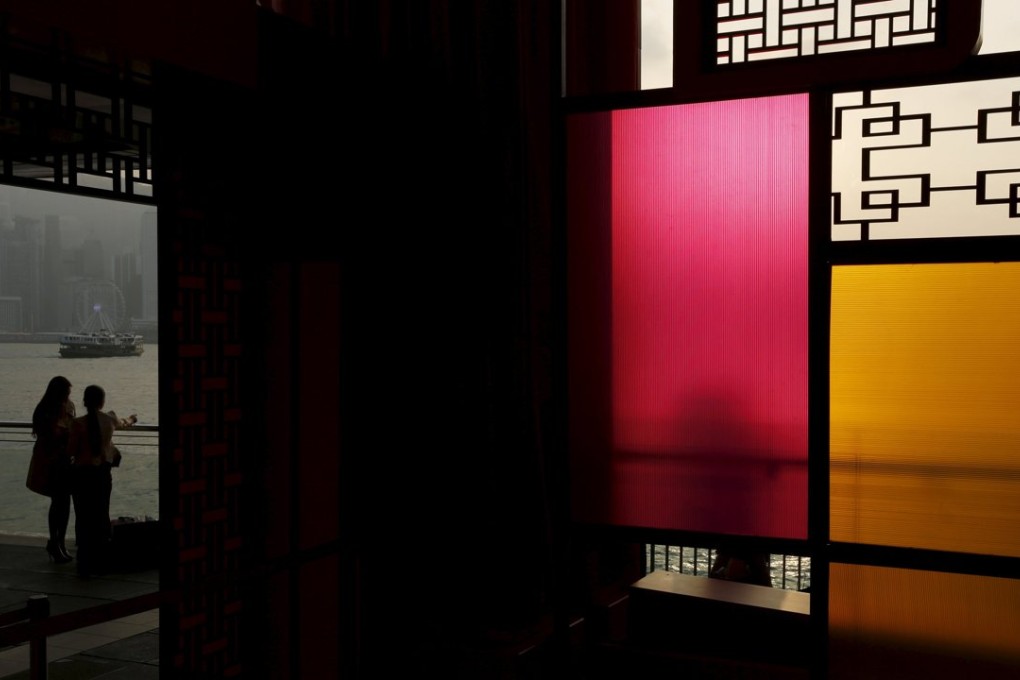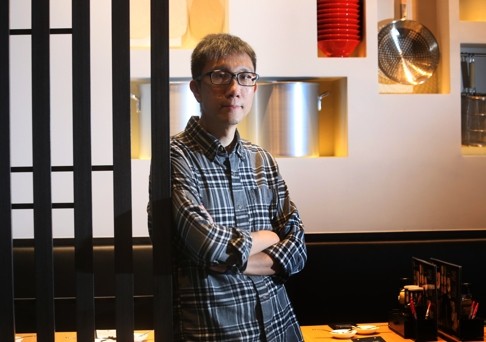New | Hong Kong rents fall, letting overseas restaurants and small eateries fill the void
Falling rents are a draw for new food concepts

Hong Kong’s retail landscape once dominated by luxury retailers is undergoing a dramatic change with small eateries and foreign restaurants making their debuts as rents fall, according to property consultants.
With ground level shop rents expected to tumble as much as 30 per cent in 2015 when the final data is in, and a further 15 per cent fall next year, industry experts believe more opportunity for the expansion of restaurant operators than three years ago.
“Some businesses are holding back on new investment in anticipation that more retailers will be forced to close their business after the lunar new year. Then, they will have a good chance to ask for a bargain from landlords,” said Helen Mak, the retail services group head at Colliers International.
She said many of foreign restaurants are waiting on the sidelines to enter Hong Kong once the retail rents fall to reasonable level.
Japanese ramen group Tetsu, made its debut in Hong Kong early November, renting a 1,200 square feet street- level shop along Canal Street West, Causeway Bay.
The shop was previously occupied by the health and beauty chain Watsons, which took over a small Chinese restaurant in 2012, a time when many small eateries were pushed out by retailers selling jewellery, watches and cosmetics as mainland tourism visit to the city exploded.
Lawrence Ng Wai-yip, managing director of Create Restaurants Hong Kong, which is the franchisee license holder of Tetsu brand in Hong Kong, said the firm has been searching for the right location for some times.
“The smaller the shop the more expensive in terms of per square foot,” he said.
